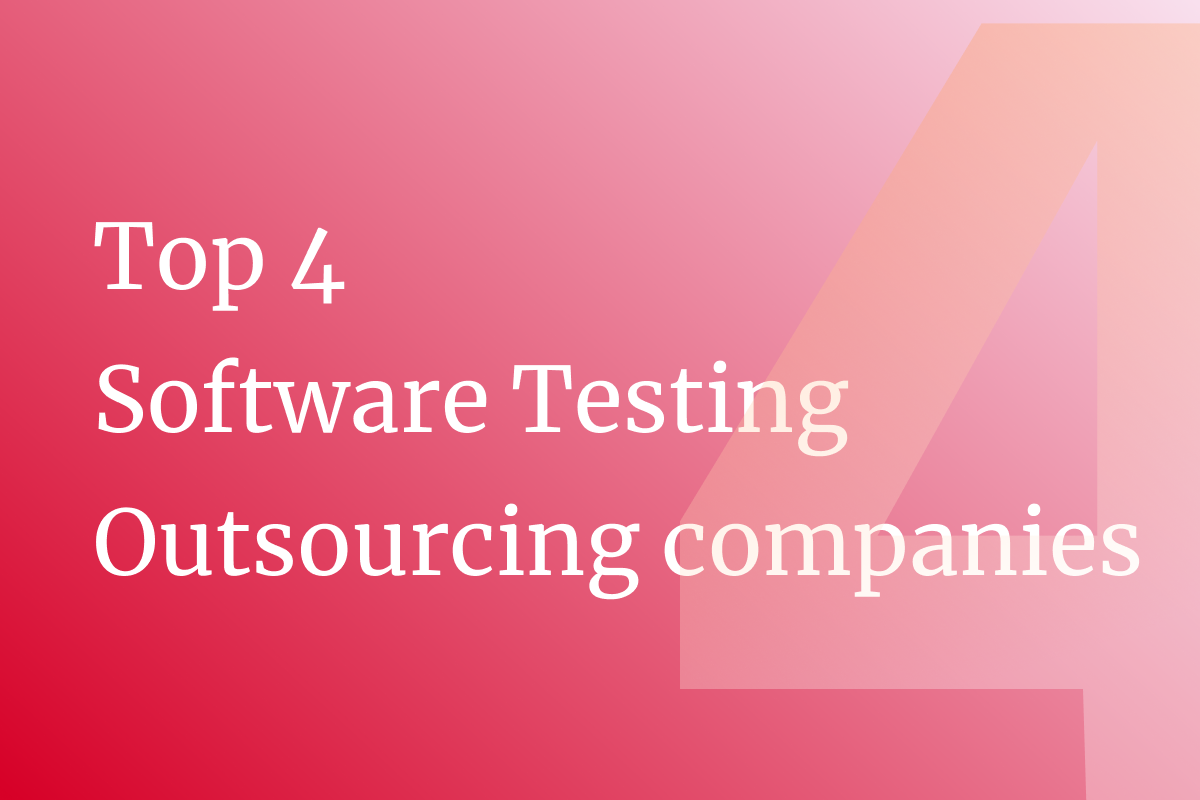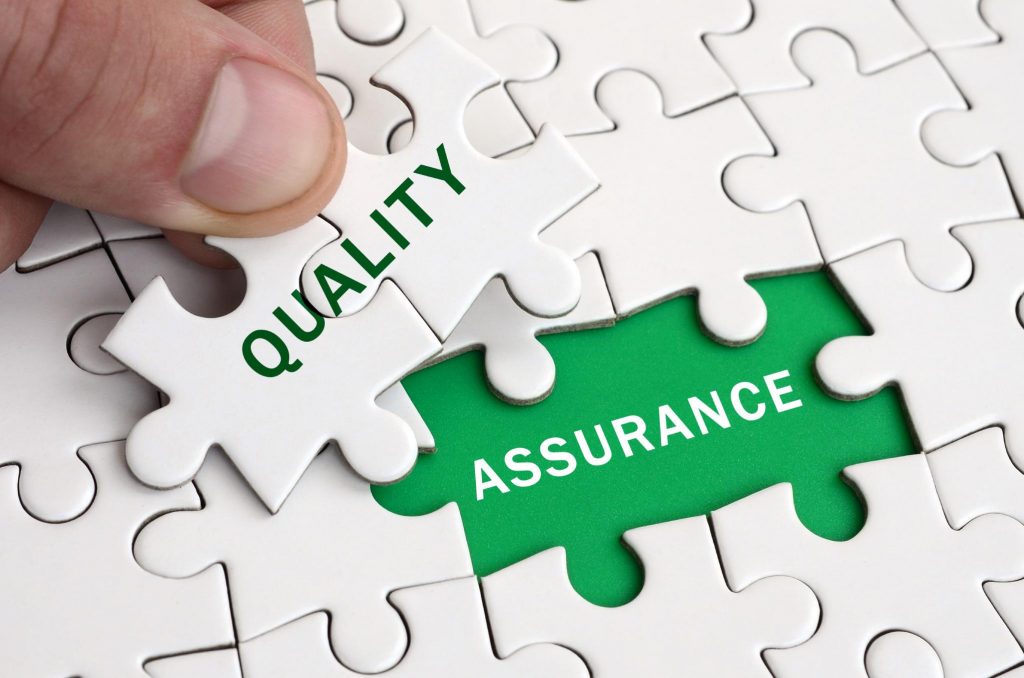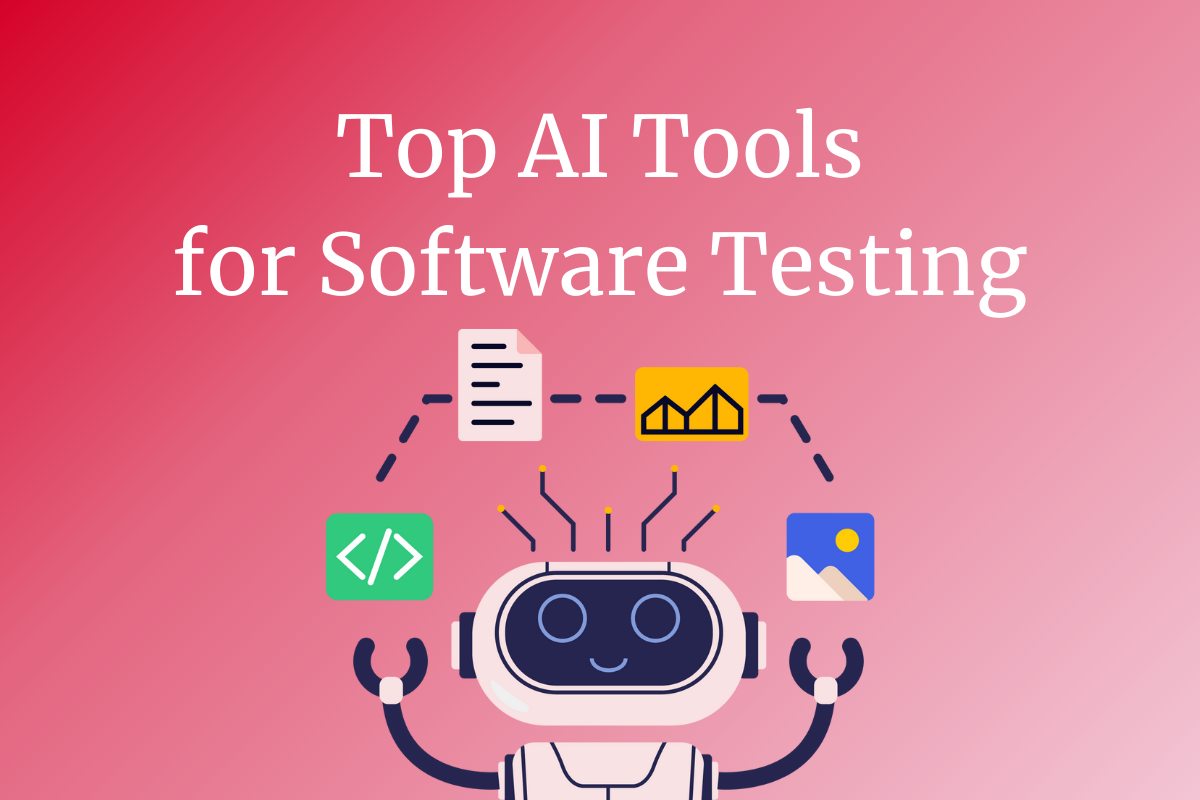Sep 26, 2023 JIN
Cybersecurity: Top 9 questions to ask a Quality Assurance vendor
Countless businesses rely on third-party software testing and quality assurance vendors to handle critical functions such as hosting, storing, processing, or accessing their valuable information records and managing their organization’s technology infrastructure. By outsourcing these essential services, businesses can leverage the expertise and resources of specialized vendors, allowing them to focus on developing the core operations.
Conducting a thorough risk assessment of your organization’s environment is crucial before entering a partnership with a Managed Software Quality Assurance Services Provider. This assessment serves as a key component in identifying any weaknesses in your security posture and determining the necessary steps to address them effectively. Additionally, it offers valuable guidance on implementing appropriate policies, procedures, configurations, and technology to align with industry-leading practices for safeguarding information security and data protection.
The rising demands of online systems for business operations have resulted in a surge in cybersecurity breaches. According to Gartner’s findings, global expenditure on IT security and risk management technology and services is projected to exceed $188.3 billion by 2023. However, selecting a Quality Assurance provider with comprehensive cybersecurity services requires careful evaluation and decision-making. Since you will be entrusting your network, systems, and digital assets to this cybersecurity partner, take into account the following 09 questions to ask a Quality Assurance vendor:
Q1. Have you achieved any internationally recognized data protection standards?
Quality Assurance providers who adhere to cybersecurity best practices proudly display these certifications as a milestone of distinction. These certifications are tangible evidence that the provider’s data protection standards align with industry benchmarks, as reputable institutions acknowledge.
The most prevalent certifications are ISO 27001, SSAE16, Safe Harbor, and SOC 2. Before delving into inquiries about cybersecurity certifications, familiarize yourself with the certificates relevant to your industry and be prepared to delve into the Quality Assurance provider’s processes for attaining these certifications.
By ensuring adherence to these standards, the provider safeguards the application’s security and protects customers from various forms of harm, including identity theft.
Q2. Do you offer and encourage multi-factor authentication?
Improving data security has become more engaging by implementing multi-factor authentication software and/or hardware, which adds an extra layer of protection to corporate infrastructures and online resources. Multi-factor authentication (MFA) services have become the gold standard for authentication models, verifying users’ identities beyond the traditional username and password approach before accessing specific system resources.
With MFA, users are prompted to provide a combination of factors:
- Something they know (like a password or PIN code).
- Something they have (such as a mobile phone or secure key).
- Something unique to them (such as a username, fingerprint, or retina scan).
This amalgamation of information is then validated by a security mechanism or device that regulates access to the system resource.
Businesses are strongly encouraged to embrace MFA to fortify their authentication mechanisms for both internal resources and online platforms associated with their operations. By adopting the MFA process, businesses can effectively deter malicious actors attempting brute force hacking, ensuring a robust defense against such cyber threats.
Q3. What security training do your development and testing teams receive?
This question is for vendors providing the software testing service and has its weightage in assessing the vendor’s position in securing your organization’s data. Vendors who neglect secure programming practices unwittingly create a wide-open gateway for nefarious attack vectors and automated assaults to exploit. To close this vulnerability in the security infrastructure, vendors must invest properly in their security-related training. By equipping their employees with the knowledge and skills to navigate this widely threatened landscape, they can confidently undertake their tasks with a firm grasp on security. This fosters a culture of proactive defense and reinforces the organization against potential breaches, reassuring that every action is done securely.
Q4. How Do You Keep Customer Data Safe?
Partnering with a dedicated quality assurance and testing team can be the key to solving numerous cybersecurity challenges. When it comes to safeguarding customer data, a competent QA provider’s expertise shall go through their responses to these intriguing QA testing inquiries:
- Can the QA provider offer comprehensive insights on data encryption and secure transmission?
- What kind of device control strategy do they have in place?
- Which measures are incorporated into their data protection policy?
- How do they establish a secure testing environment for remote testers?
- How do they address any limitations of software testing automation within cybersecurity practices?
Engage the QA provider in cyber security discussions to understand better how they segregate and store customer data. Suppose they adhere to cyber security best practices. This data should reside in a separate location from your vendor’s web server, preferably on a distinct database server shielded by a firewall. While this setup may involve some intricacies during the configuration process, the enhanced security benefits make it worth the investment.
Q5. What specific approaches and methodologies do you employ for cybersecurity testing?
Are you incorporating penetration testing and vulnerability scanning into your cybersecurity strategy? This cutting-edge approach allows you to simulate the tactics employed by hackers, uncovering potential software weaknesses and mitigating the risk of cyberattacks.
Once you inquire about the methodologies a Quality Assurance vendor employs, you gain valuable insights into the strategies they utilize to enhance IT product security, streamline QA costs, and address any vulnerabilities.
It’s needless to emphasize that proactively preventing minor and major attacks is essential in safeguarding your organization’s reputation, protecting customer data from compromise, and minimizing financial losses.
Q6. What Best Practices Do You Follow For Cybersecurity?
When evaluating a Quality Assurance provider, ensuring they have a comprehensive approach to security is essential. Here are some key cyber security questions to ask, focusing on industry best practices:
- Formal information security governance
- Data backup policy
- Insider threat detection and management
- Vendor, contractor, and employee monitoring to prevent data loss
- Security education and training
- Regularly updated software and systems
- Thorough incident response playbook
- Maintained compliance certification

Q7. Do your IT engineers have cybersecurity certifications and participate in ongoing education?
Being in business for a long time or possessing a few system maintenance tricks does not automatically make an IT provider an expert. True expertise in IT requires rigorous formal education and certifications, particularly in critical technical areas such as Systems Administration, Systems Engineering, Network Administration, Network Engineering, and, most importantly, Cybersecurity.
Genuine IT experts should be able to provide evidence of their own IT/IS college degrees, industry-recognized certifications, and those earned by their staff. Moreover, they should demonstrate a consistent track record of pursuing continuing education, which is required for all team members to maintain employment with the service provider. Most of these educational endeavors and certifications must focus on Cybersecurity and Information Security Management.
Q8. Do you have an internal security policy?
Clients trust companies with a well-tuned security policy that encompasses the following:
- Data protection standards
- Assessment of business risks
- Resources and devices used in the workflow
- Rules for non-disclosing third-party information
- Guidelines for establishing information security in accordance with national and international regulations
In this unstable world of cybersecurity, hackers continuously develop new techniques to infiltrate systems. Therefore, it is imperative to fortify the security policy. Failure to comply with safety regulations within the organization can worsen the situation and give cybercriminals an advantage. A reliable QA provider establishes that all specialists adhere to the policy to prevent data compromise and leakage.
Moreover, cybercriminals sometimes target organizations by deceiving their staff rather than hacking the software directly. To address such concerns, companies have started implementing policies to test their employees’ alertness, such as phishing simulations. Hence, having a consistent internal security policy demonstrates their philosophy in security discipline and their intention to prioritize their client’s safety.
Q9. Have you established a plan to respond to cyber incidents?
Being prepared is vital, so it’s advisable to proactively devise a response plan and establish necessary protocols to counter any malicious activity swiftly. To tackle various forms and magnitudes of cybercrime, QA providers devise multiple scenarios to mitigate software vulnerabilities.
As cyberattacks grow increasingly sophisticated, QA providers need to employ novel testing methods to stay ahead of hackers. Certain that the QA provider incorporates continuous security monitoring strategies and stays abreast of emerging trends to prevent and mitigate cyber incidents effectively.
SHIFT ASIA – Your Trustworthy QA Partner
If you’re seeking a reliable QA vendor that supports your businesses thoroughly in cybersecurity, look no further than SHIFT ASIA, a trusted Software Quality Assurance provider. Our team comprises seasoned testing experts with extensive knowledge and security testing experience. Rest assured, we are committed to upholding the highest standards of cybersecurity protocols to counteract the constantly changing landscape of cyber threats. Contact a SHIFT ASIA expert today to tap into our expertise and gain valuable insights into safeguarding your digital assets.
ContactContact
Stay in touch with Us








